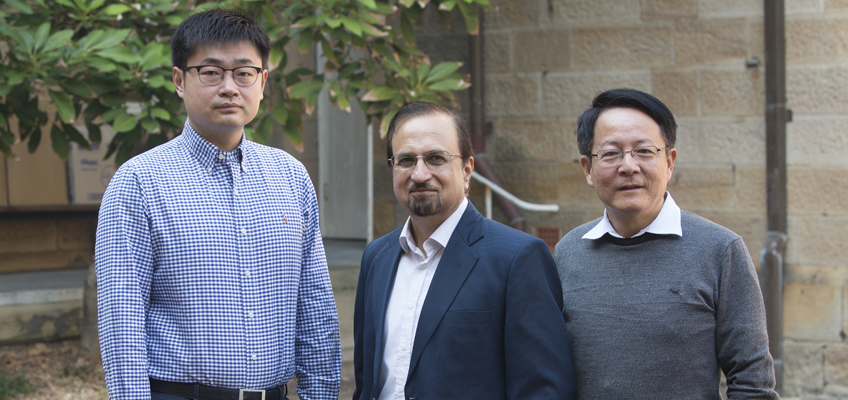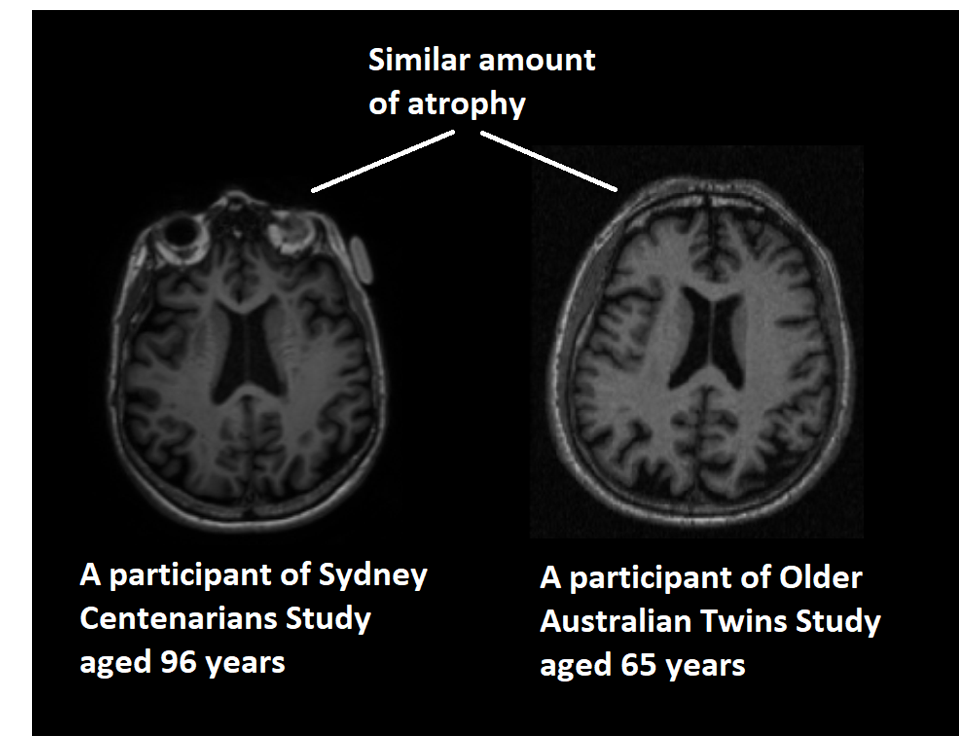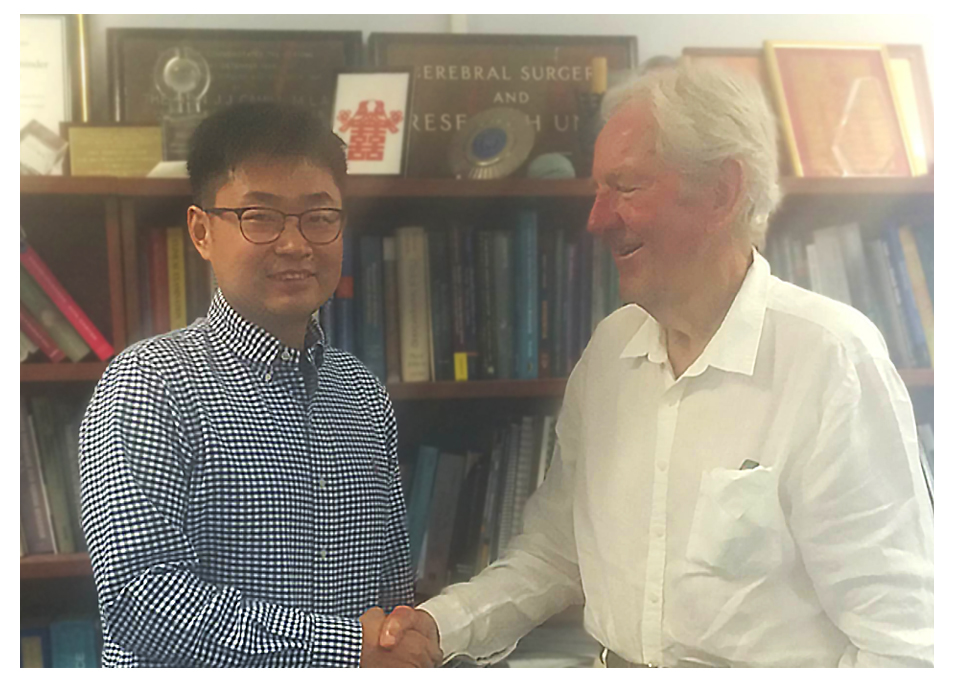26 Aug 2020

HEIDI DOUGLASS | h.douglass@unsw.edu.au
“Brain age” is an emerging hot research topic in brain ageing research. Brain age refers to an estimate of “how old a person’s brain is biologically”, representing actual brain health status. For example, a person aged 80 years old may have a healthier brain and more intact brain structures relative to his/her age. In this case, a younger brain age of, for example, 70 will be assigned. By doing so, one can assess the brain’s health relative to chronological age. Research can also be conducted by examining the protective factors in the individuals with younger brain age and risk factors in those with older relative brain age.
CHeBA’s Neuroimaging Group, led by Associate Professor Wei Wen, is taking this line of research to the next level.
“Most brain age studies to date focus on brain structural measures, including brain grey matter volumes and thickness,” said Dr Jiyang Jiang, senior researcher within the Group.
“Our team at CHeBA believe vascular status should contribute significantly to the estimation of brain age,” he said.
Recently, thanks to continued and significant funding support from the J Holden Family Foundation, the Neuroimaging Group at CHeBA started collaborating with UNSW’s School of Mathematics and Statistics in the Faculty of Science, to apply the latest deep learning algorithms to estimate vascular brain age from MRI scans. Specifically, the Neuroimaging Group has obtained access to a large cohort study, UK Biobank, with over 18,000 participants. UK Biobank has collected state-of-the-art diffusion-weighted imaging data which are demonstrated to be sensitive to vascular pathology. Using these data, the Neuroimaging Group has trained and validated a deep learning model. The model is now ready to be applied to any new datasets to predict vascular age.
Founded in 2010, the J Holden Family Foundation has since generously supported approximately 50 different organisations across research, education, student scholarships and community endeavours.
"We all just felt we should do something for society", said John Holden, Chairman of the Foundation.

The Foundation initially became CHeBA’s first Diamond Member of The Dementia Momentum in 2016, which funded a project that brought together a large number of studies around the world to collectively examine the clinical implications and the genetic basis of white matter hyperintensities and lacunes (small silent strokes), and thereby cerebral small vessel disease.
“From the initial focus on genetics, the funding has allowed us to expand our research to examine several aspects of small vessel disease – which is recognised as a common contributor to dementia in older individuals,” said Dr Jiang.
The funding specifically enabled the Neuroimaging Group to examine how closely white matter hyperintensities and lacunes are associated with dementia and cognitive decline.
Our hope is that through this support CHeBA can accelerate developments in knowledge and prevention of vascular dementia, said Mr Holden.
CHeBA’s Co-Directors Professor Perminder Sachdev and Professor Henry Brodaty said the contribution had been integral to the expansion of this area of research.
“We have made significant progress in researching cerebral small vessel disease as a result of the generosity of the J Holden Family Foundation,” said Professor Sachdev.
To join The Dementia Momentum® or to find out more about this initiative please contact h.douglass@unsw.edu.au
